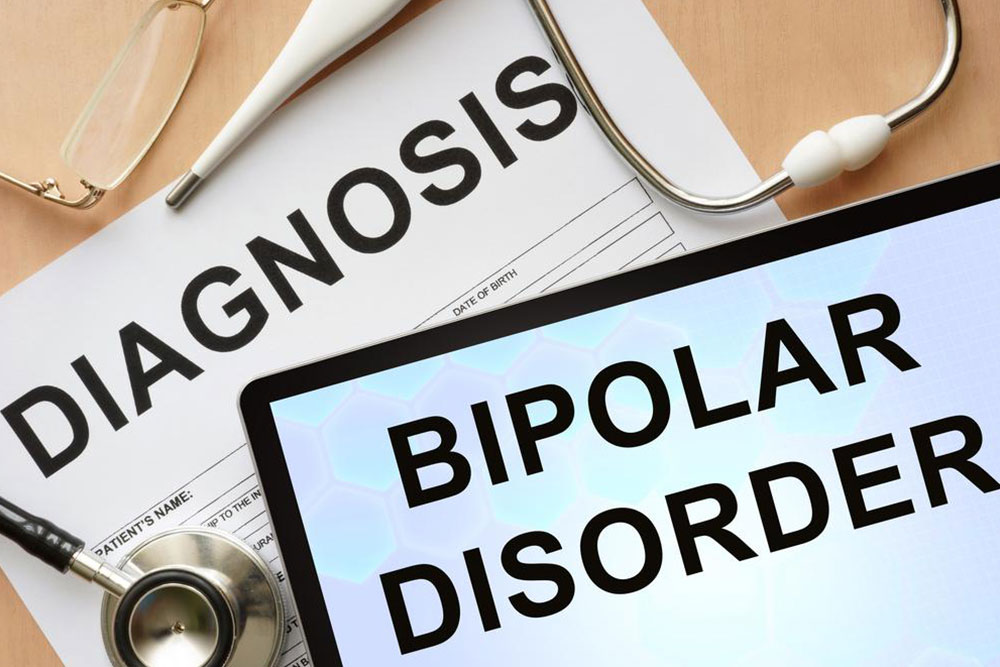Recognizing 5 Hidden Indicators of Bipolar Disorder
This article highlights five subtle signs of bipolar disorder, including intense mood swings, periods of mania and depression, cognitive impairments, and suicidal ideation. Recognizing these indicators early is vital for prompt diagnosis and treatment, helping manage this complex mental health condition effectively.

Bipolar disorder is a mental health condition impacting brain function and overall mood regulation. Individuals with this disorder experience dramatic shifts in emotions, swinging between episodes of intense mania and deep depression. Early detection through awareness of key signs is crucial for effective management. Below are five subtle yet significant indicators of bipolar disorder.
Rapid Mood Fluctuations: Unlike typical mood changes, those with bipolar disorder undergo rapid and extreme emotion shifts over days or weeks. These swings are often intense and unpredictable due to hormonal imbalances in the brain. Unlike normal individuals, their personality may seem to change with their emotional state, highlighting the severity of their mood swings.
Elevated Energy and Euphoria: During manic episodes, individuals may experience soaring enthusiasm and hyperactivity. They may exhibit overconfidence, impulsivity, and a rush to pursue numerous activities simultaneously, risking their safety through reckless behaviors driven by heightened energy.
Persistent Low Moods: The depressive phase is marked by feelings of hopelessness, fatigue, and social withdrawal. Patients may isolate themselves for weeks or months, showing little interest in social interactions or daily routines, which further deepens their depression.
Impaired Cognitive Functions: Frequent mood shifts can lead to decline in concentration, memory, and overall cognitive ability, making daily tasks challenging and affecting work and relationships.
Thoughts of Self-Harm or Suicide: During depressive episodes, individuals might harbor suicidal thoughts. It's vital to monitor for signs of despair and to keep harmful objects out of reach to ensure their safety. Addressing these thoughts is essential in treatment planning to support recovery.
Understanding these subtle signs can facilitate early diagnosis and intervention, improving quality of life for those affected by bipolar disorder.










